Rachel Johnston: 'She was a young woman and her life was taken away'
- Published
Diana Johnston and partner Mick speaking to the BBC
The mother of a disabled woman who lay "slowly dying" while nursing staff failed to raise the alarm says she hopes her death was not in vain.
Rachel Johnston, 49, fell seriously ill after having an operation to remove all her teeth due to severe decay.
A coroner found neglect by nurses at Pirton Grange Care Home, near Worcester, contributed to her death.
"She had a wonderful little life and it was taken away from her," said Diana Johnston.
Miss Johnston, who suffered brain damage after contracting meningitis when six weeks old, lived at Pirton Grange from 2013 where she should have been able to have 24-hour medical care.
Always singing, she was a popular resident.
"She was such a happy young woman and loved life," her mother said. "She loved a party and she loved people. She was the soul of everything."
There was little Miss Johnston could do for herself, including brushing her teeth. After a lifetime of difficulty, a dentist examined her in 2018 and discovered every one needed to be removed because of the risk of infection.
A 'full dental clearance' is a major procedure for any individual, not least someone with profound learning difficulties.
Questions have been raised about the procedure with campaigners saying they are often told of poor communication between disabled patients and their families, and that dentists should intervene earlier to avoid taking out every tooth in a person's mouth.
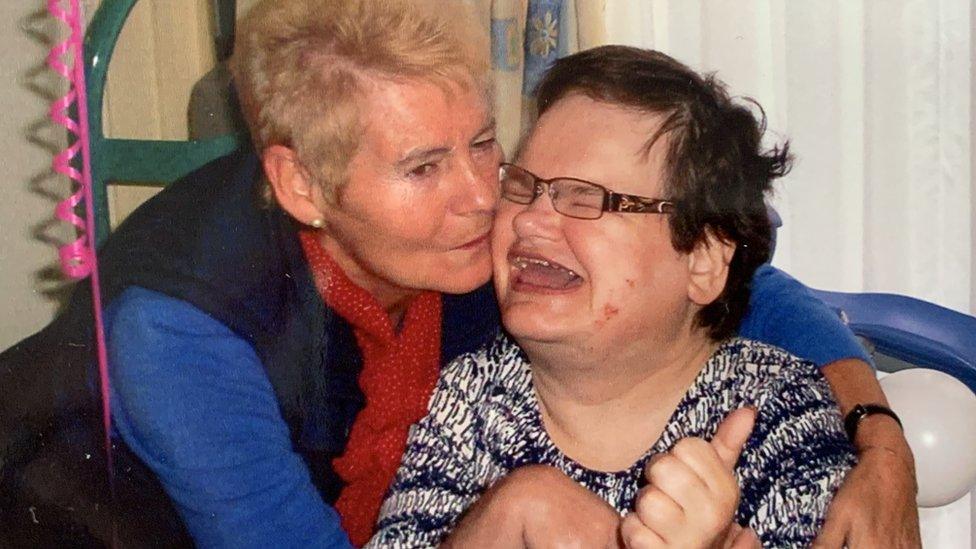
Diana Johnston, Rachel Johnston's mother, said she thought she was leaving her daughter "in safe hands" at the care home
Miss Johnston was given a local and general anaesthetic at Kidderminster Hospital and underwent the procedure on 26 October that year. She was discharged four hours later after appearing in high spirits once she'd come round.
But, as she arrived back at the care home that evening, Miss Johnston fell asleep. Over the next 42 hours, she bled intermittently from her mouth, was seen making "gurgling noises" and never fully woke up.
Despite this, two nurses responsible for her care failed to carry out basic physiological tests that would have showed Miss Johnston was struggling to breathe. Neither did they keep records of her condition that would have shown she was deteriorating.
By the time an ambulance was called at 14:00 on 28 October, a doctor said her "entire brain had been starved of oxygen".
The evidence and findings of Miss Johnston's four-day inquest have been "heartbreaking", her mother said.
"I put all the trust in the world in Pirton Grange. When Rachel went there, she was in their arms. They should have seen something was wrong but they didn't do anything for her when she needed it," said Mrs Johnston.
"That's when my daughter was slowly dying. She never had a chance. They just didn't seem to care."
The inquest heard if Miss Johnston had been taken to hospital the previous night, she probably would have survived.
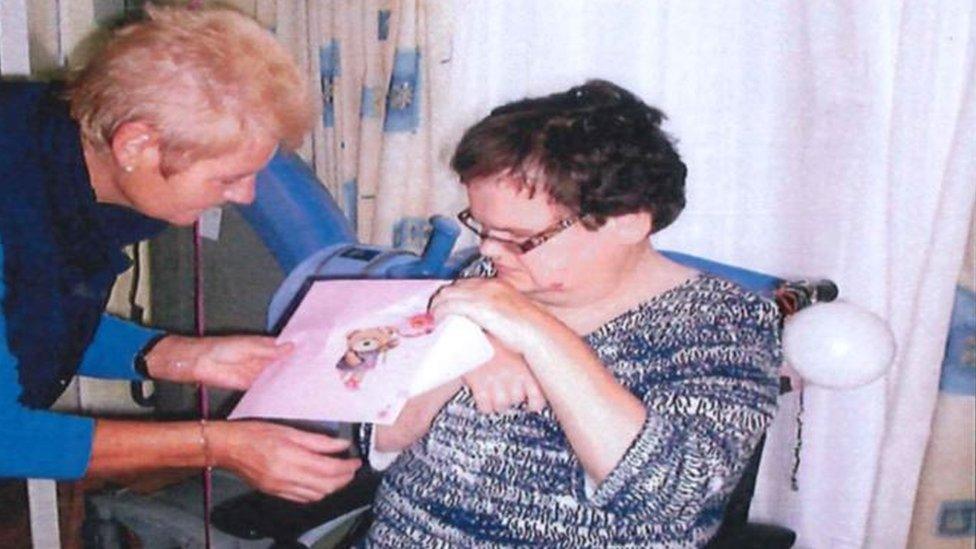
Miss Johnston "brightened up the room" at Pirton Grange and was always singing, an inquest heard
Coroner David Reid said the actions of agency nurses Sheeba George and Gillian Bennett amounted to "gross failures" and that neglect contributed to her death along with complications from surgery.
A hearing on 23 February will hear what changes have been made at Pirton Grange since Miss Johnston's death, 10 days after her family agreed to switch off her life support machine. The home said in a statement systems had been altered and staff retrained.
With Miss Johnston falling amongst 1,200 avoidable deaths of people with learning disabilities each year, her mother hopes that lessons can be learned.
"So many die needlessly every year. I just hope that people learn from Rachel's story - she was a young woman and her life was taken away unnecessarily.
"We fought for this because we knew they were in the wrong. We just hope that no one else has to go through what we have."
Despite the heartache, Mrs Johnston said she and her family were relieved to finally have answers after two and a half years in the dark about how she died.
"When we went to the cemetery on Friday I just said to her - justice has been done, Rachel."
'Urgent matters'
Dan Scorer, head of policy at Mencap, said: "It's already shocking that in the 21st century anyone with a learning disability should be facing removal of all their teeth.
"But it is devastating that Rachel's subsequent deterioration wasn't picked up until it was too late to save her. The failures in basic nursing care for Rachel at the care home should now be urgent matters for both the care regulator and Nursing and Midwifery Council to address.
"Everything needs to be done to make sure we never see a case like this again."

Follow BBC West Midlands on Facebook, external, Twitter, external and Instagram, external. Send your story ideas to: newsonline.westmidlands@bbc.co.uk , external
Related topics
- Published11 February 2021

- Published9 February 2021
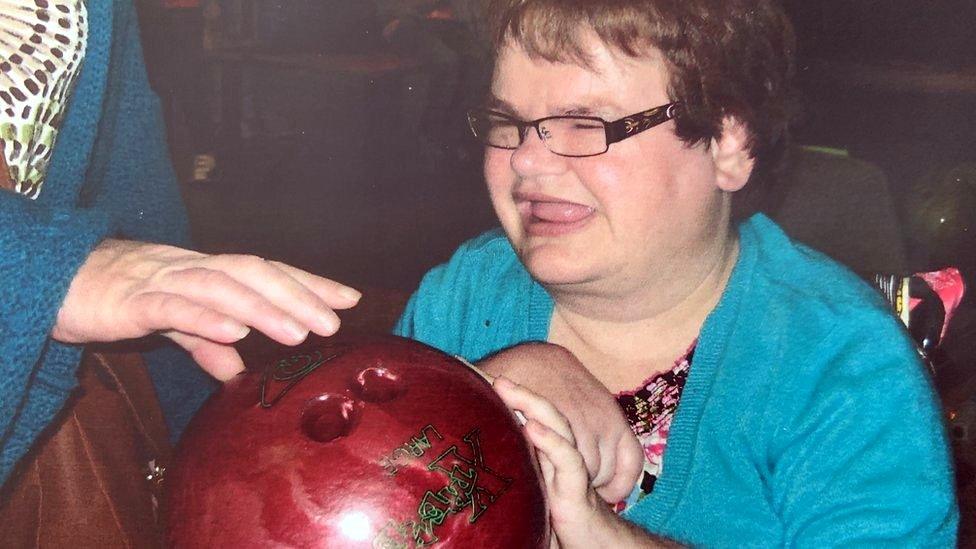
- Published8 February 2021

- Published12 August 2019
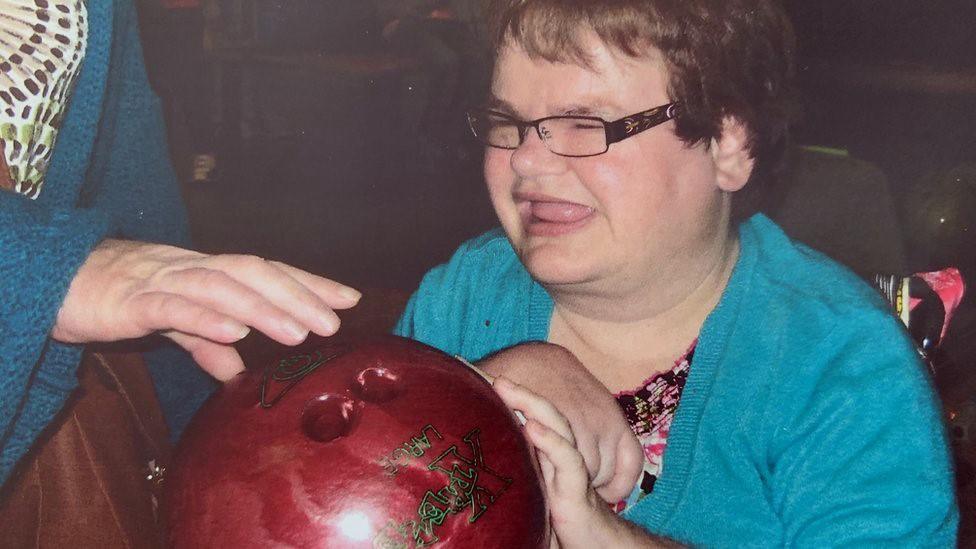
- Published6 January 2019
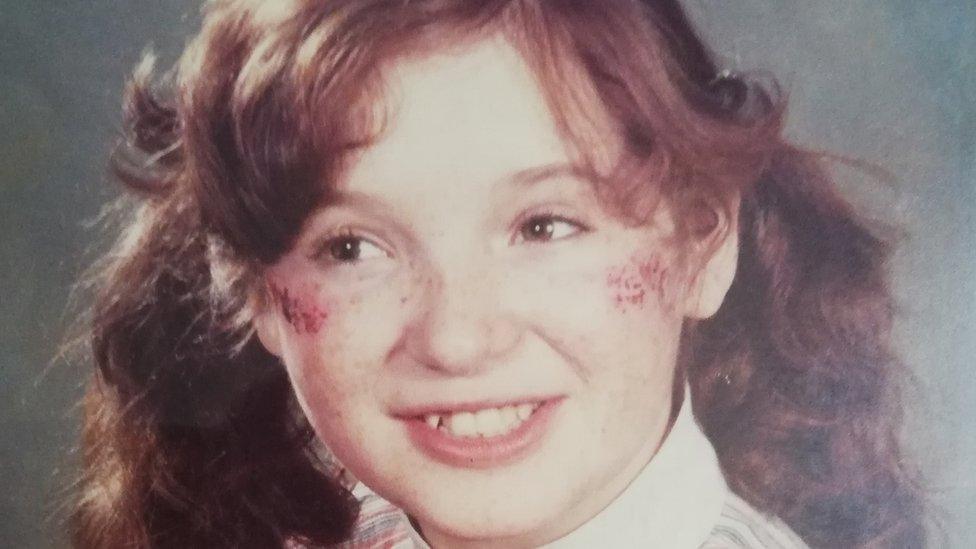
- Published14 December 2018
